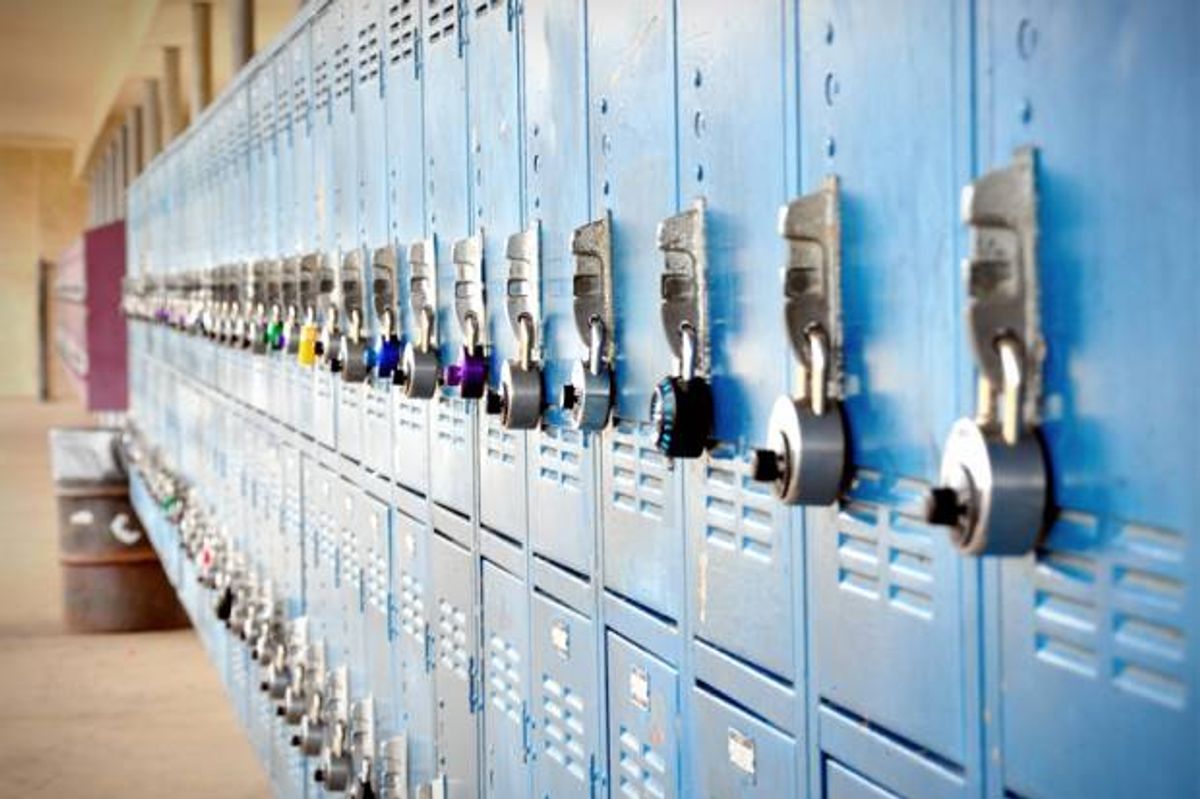The harsh disciplinary penalties young black men encounter in school and in society compared to their white counterparts is a center point of efforts to eradicate the "school-to-prison pipeline" and meet the so often overlooked needs of communities of color. It's a necessary focus manifested in initiatives such as the White House's My Brother's Keeper, but it's not an intersectional one -- and that often results in the neglect of young black women, who are subject to many of the same disciplinary disparities that can have devastating, long-lasting consequences for their lives.
And, a new report indicates, the disparities can frequently be more significant for black girls. According to research from the African American Policy Forum and Columbia Law School's Center for Intersectionality and Social Policy Studies, the rates of disciplinary action taken against black female students are significant higher than for white female students, indicating that young women of color face massive challenges in school that their white counterparts do not.
The report, "Black Girls Matter: Pushed Out, Overpoliced and Underprotected," reviews the most recent data from the U.S. Department of Education and finds that black girls are six times more likely to be suspended from school than white girls, whereas black boys wearere three times more likely to be suspended than white boys. Both rates are appalling and illustrate a need for intervention -- but the disparity between race and gender also deserves to be accounted for, the researchers conclude. The report also finds that a staggering 12 percent of black girls involved in the study had been suspended from school, compared to just 2 percent of white girls.
“As public concern mounts for the needs of men and boys of color through initiatives like the White House’s My Brother’s Keeper, we must challenge the assumption that the lives of girls and women -- who are often left out of the national conversation -- are not also at risk,” Kimberlé Crenshaw, the report's lead author, said.
Crenshaw and her colleagues recommend a series of interventions to reduce the rates of excessive disciplinary action taken against black girls in schools, many of which rely not only on review of current policies, but also on developing entirely new strategies for avoiding the erasure of female students of color. Read the full report here.
(h/t Vox)

Shares